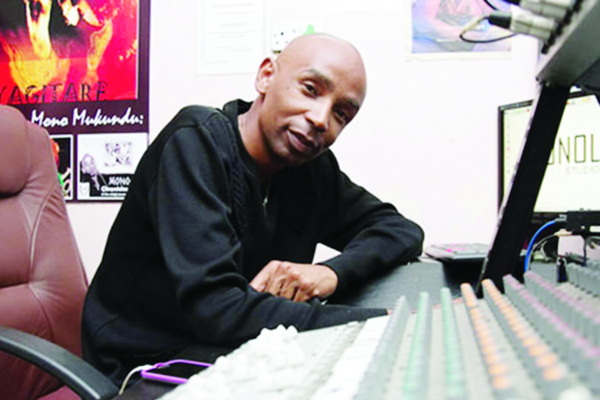
A FRIEND of mine always tells me about how, back in the day, he gave a lift to the then unknown Jah Prayzah after he had enjoyed his performance.
By Tapiwa Zivira
“I gave him a lift after enjoying his performance and I felt this young man had a bright future, so I offered him a lift to his Budiriro home,” he says.
Jah Prayzah has made it and has gone international on the back of punishing hard work that has seen him transform his music career into a viable business.
Having attended many music shows, unplugged and open mic sessions, I have witnessed many rising artistes, who get ample praise for their great voices or wonderful instrumentation skills.
These young artistes are where Jah Prayzah was years ago when my friend gave him a lift. But he remained diligent and has made it in an industry that pretenders would find unforgiving — rising up from that level of playing before a handful of fans to become an international act.
But hard work is not just in playing the guitar well, or having perfect vocals. It entails a lot of things.
Veteran producer, Clive Mono Mukundu, posting on social network Facebook, wrote glowingly about yesteryear greats like Machanic Manyeruke and Oliver Mtukudzi, whom he said valued studio time and ensured they came on time and that they always rehearsed their parts very well.
- Chamisa under fire over US$120K donation
- Mavhunga puts DeMbare into Chibuku quarterfinals
- Pension funds bet on Cabora Bassa oilfields
- Councils defy govt fire tender directive
Keep Reading
Perhaps it runs in the old musicians’ blood because back in the day when they recorded, producers enforced strict rules and never compromised on quality and time keeping.
During that time, musicians have been known to be kicked out of the studio for things that are now taken for granted, like smoking in the studio.
And they heeded the producers because they were passionate. So, essentially, what this means is that — talent aside — little things can be the difference between a successful and a failed musician; little things like time-keeping and treating music as a business, where an artiste self-regulates themselves such that they take studio time like a serious job.
With the emergence of backyard studios — a trend that has left a few professionally-run places like Monolio — musicians appear to take things for granted, choosing to squander precious studio time, because, well, they believe that by paying the producer, they can come to the studio anytime.
In his book, Following the Melody, Mono Mukundu sums it up perfectly when he writes: “If you do not respect my time, it means you do not respect me. At my studio, I stopped offering session work jobs to a certain session musician. He would come to the studio late all the time and request to leave early.
He always had a well-crafted excuse. Although he was very good, artistes started complaining that they were not happy with his conduct. If a session is starting at 10am, it is not starting around 10am. If you master the art of being punctual and reliable, you will be surprised at how big your brand will grow.
Time keeping is one thing that I am happy that I mastered and it has opened doors for me. Even before I owned a car, I knew how to calculate my time. If a session started at 9am, I would be in the area around 30 minutes before. If you are running late, communicate.”
This is priceless advice from a man who has seen it all in the music industry, as a musician, instrumentalist and producer. Perhaps young upcoming producers are no longer as strict as those of the old school who could even chase a musician out of the studio if they came for the recording ill-prepared.
lFeedback: [email protected]











